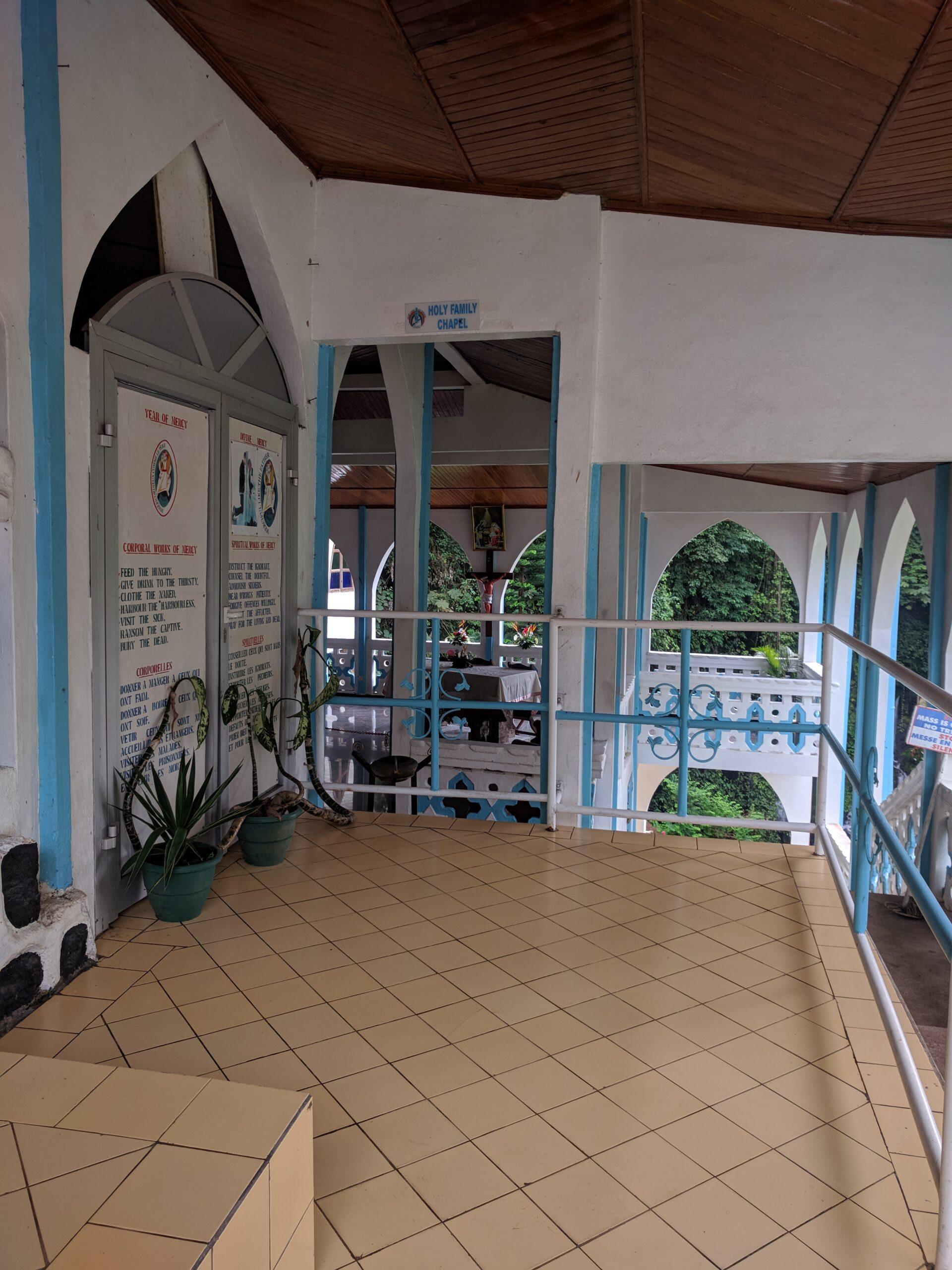BUEA, Cameroon – As Catholics look to celebrate jubilee year 2025 under the theme “pilgrims of hope,” a Catholic bishop in the Central African country has expressed the hope that the organization and the outcomes of the Presidential election that takes place later in the year will offer enough reason for Cameroonians to celebrate.
Speaking December 9 on the sidelines of the Annual Seminar of Catholic Bishops in Buea, the Bishop Emmanuel Dassi of Bafia Diocese in Cameroon’s Center region said he hoped that “all the people of Cameroon must be gathered as one body and jubilate this year.”
“It is very important that it is the same year of the elections. My wish for our country is that it should really be a year of jubilee, that all the people of Cameroon must be gathered as one body and jubilate this year. And for this, we must have good elections, good elections with good candidates,” he told Crux.
The bishop warned against candidates of opportunism whose only desire is to serve their narrow selfish desires.
“If you want to be a candidate, begin by praying, asking yourself if you are able to solve the problems of this country, if you have the health to solve the problems of this country, if you have the wisdom, if you are able to sacrifice yourself to solve the problems of this country, if you think that you are able to do it, okay, go ahead. But if you are not able to do it, please, please, please, please, I can tell you that the people of this country are suffering, and you must not be the reason for their sufferings,” Dassi said.
The bishop stopped short of following in the footsteps of Archbishop Samuel Kleda of Douala, Bishop Barthélemy Yaouda Hourgo of Yagoua in the Far North, and the Bishop of Ngaoundere, Emmanuel Abbo.
These bishops in recent weeks stirred controversy when they all said that President Paul Biya had become too old and too frail to continue ruling the country as President. They cited the country’s many problems: The high cost of living, the raging separatist crisis in the country’s two English=speaking regions as well as the Boko Haram crisis in the far north as some of the most visible failures of the Biya government.
RELATED: Cameroon Bishops tell President Biya to not seek another term
Biya, 92, is the world’s oldest president, and having ruled the country for 42 of those years, the Bishops now argue it’s time for him to rest.
But the individual bishops aren’t yet voicing the position of the Bishops’ Conference.
Archbishop Andrew Nkea, the President of the Conference who might himself be seeking re-election in April, told Crux that he won’t give his personal opinion about the forth-coming presidential election “because my personal opinion will be taken as the position of the conference. And therefore, I like to talk about the position of the conference. And we are still in deliberation, so I cannot make any pronouncements about that.”
The archbishop, however, spoke, more generally about the concept of democracy and elections, suggesting that at a personal level, he would prefer what he termed “a benevolent dictatorship.”
“When I was growing up, when our local traditional rulers still had the powers that they had in those days, they were benevolent dictators … And they had such order and discipline in their villages,” he continued.
“They had such developmental projects going. They had all these tribal organizations and structures that helped to keep either discipline in the village, community work, and all those things. We can develop our own form of government, even at the national level, which we don’t necessarily need to take from the West,” Nkea said.
He also called on authorities to take a leaf from the Catholic Church’s approach to governance which is based on the idea of synodality – the idea of walking together on a shared path.
Pointing to the several projects realized by Bishop Michael Bibi of Buea in a span of just four years, Nkea said such achievements are based on the idea of a shared vision and shared responsibility, with Christians taking ownership of the projects. He also spoke at length about the achievements in his own Archdiocese of Bamenda where he took a year listening to the wishes and aspirations of the people.
Some of those aspirations had to do with transforming the Saint Joseph Metropolitan Cathedral into a modern edifice and turning Catholic schools to focus on technical education.
“We are getting close to finishing the Cathedral. I have not gotten a dime from outside. The people are funding it because they wanted it. So once you listen to the people and you discern together with them, it becomes a community exercise. Everybody is involved,” Nkea told Crux.
He said if governments around Africa could just begin to listen and discern with their people, in a spirit of synodality, many of the continent’s teething problems would be resolved.
“So if we help each other at the local level to listen to each other, it will force itself into the higher level. Authorities will listen to their subjects,” the archbishop said.














